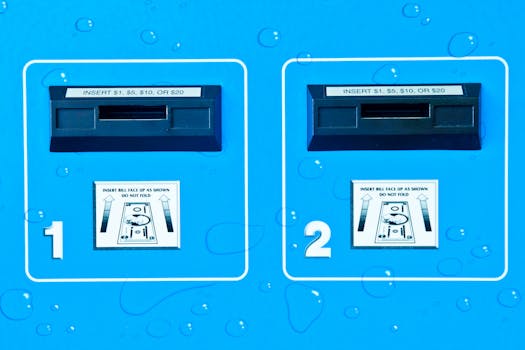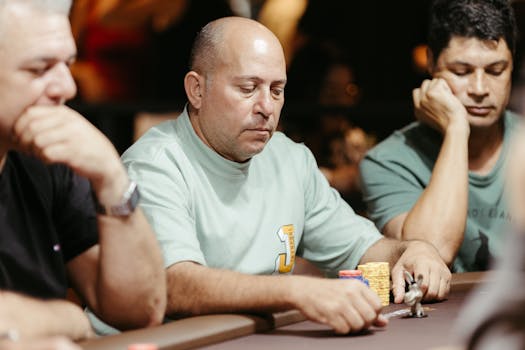Can Memory Training Help Manage Gambling Urges?
Gambling can be a fun, enjoyable hobby for many, but for some, it turns into a compulsive behavior that can lead to significant personal and financial problems. As such, finding effective methods to manage gambling urges is crucial. One intriguing approach is memory training. This article explores whether memory training can help manage gambling urges, delving into various techniques, their benefits, and limitations.
Understanding Memory Training
Memory training involves various techniques designed to improve one's ability to remember information. These techniques can range from simple mnemonic devices to complex exercises aimed at enhancing memory consolidation and retrieval. The idea behind applying memory training to manage gambling urges is based on the premise that enhancing cognitive control can help restrain compulsive behaviors.
Approaches to Memory Training
- Cognitive Behavioral Therapy (CBT)
- Advantages: CBT has been extensively researched and shown to be effective in reducing gambling behaviors.
- Disadvantages: Access to qualified therapists might be limited, and the cost can be prohibitive for some.
- Mindfulness-Based Interventions
- Advantages: Increases tolerance of emotional distress and improves mood states.
- Disadvantages: Requires consistent practice and discipline, which might be challenging for some individuals.
- Neuropsychological Training
- Advantages: Can be done using digital platforms, making it accessible.
- Disadvantages: Research is still emerging, and its direct effects on gambling urges are not yet conclusively established.
CBT is a widely recognized psychological treatment that involves addressing negative patterns and distortions in the way we look at the world and ourselves. It includes techniques to manage problematic gambling behaviors by challenging irrational beliefs and controlling impulses.
These involve practices focused on improving an individual's ability to be present and fully engaged with whatever they are doing at the moment, without judgment. Mindfulness can help manage urges by enhancing self-regulation and awareness of gambling triggers.
Specific neuropsychological tasks like working memory training have shown potential in modifying cognitive functions and could indirectly help manage gambling behaviors by improving impulse control.
Practical Examples
In real-world applications, memory training can be part of a broader therapeutic program. For instance, a person might engage in daily sessions using apps designed to enhance working memory while also attending weekly CBT sessions to address gambling thoughts and behaviors.
Conclusion and Recommendations
Memory training offers a promising, albeit still emerging, approach to managing gambling urges. While not a standalone solution, when combined with other therapies like CBT and mindfulness, it can provide a robust framework for individuals struggling with gambling addiction. For those interested in exploring this option, it's advisable to consult with a mental health professional who can tailor a treatment plan suited to individual needs.
For further reading and resources, individuals can visit websites like the National Council on Problem Gambling or access apps designed to improve cognitive functions.
In summary, while memory training alone may not cure gambling urges, it's a valuable tool in the broader context of gambling addiction management strategies. If you or someone you know is struggling with gambling urges, consider exploring memory training as part of a comprehensive approach to recovery.

.png)





